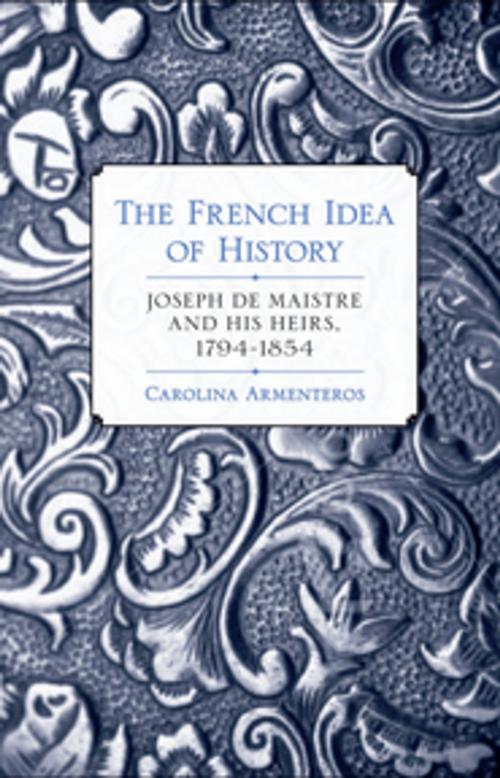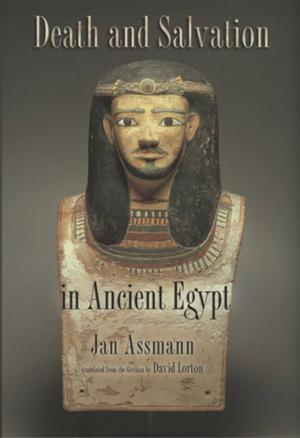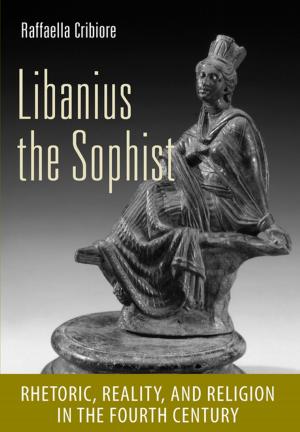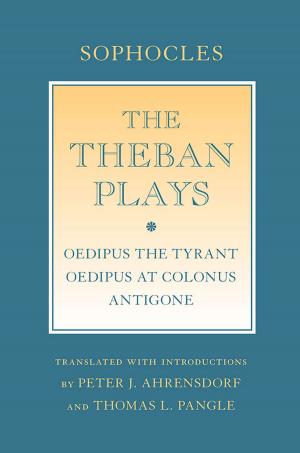| Author: | Carolina Armenteros | ISBN: | 9780801462603 |
| Publisher: | Cornell University Press | Publication: | July 7, 2011 |
| Imprint: | Cornell University Press | Language: | English |
| Author: | Carolina Armenteros |
| ISBN: | 9780801462603 |
| Publisher: | Cornell University Press |
| Publication: | July 7, 2011 |
| Imprint: | Cornell University Press |
| Language: | English |
"A fierce absolutist, a furious theocrat... the champion of the hardest, narrowest, and most inflexible dogmatism... part learned doctor, part inquisitor, part executioner." Thus did Émile Faguet describe Joseph-Marie de Maistre (1753–1821) in his 1899 history of nineteenth-century thought. This view of the influential thinker as a reactionary has, with little variation, held sway ever since. In The French Idea of History, Carolina Armenteros recovers a very different figure, one with a far more subtle understanding of, and response to, the events of his day. Maistre emerges from this deeply learned book as the crucial bridge between the Enlightenment and the historicized thought of the nineteenth century. Armenteros demonstrates that Maistre inaugurated a specifically French way of thinking about past, present, and future that held sway not only among conservative political theorists but also among intellectuals generally considered to belong to the left, particularly the Utopian Socialists.
The historical rupture represented by the French Revolution compelled contemporaries to reflect on the nature and meaning of history. Some who remained religious during those years felt history with particular intensity, awakening suddenly to the fear that God might have abandoned humankind. This profound spiritual anxiety emerged in Maistre's work: under his pen, everything—knowledge, society, religion, government, the human body—had to be historicized and temporalized in order to be known. The imperative was to end history by uncovering its essence. Socialists, positivists, and traditionalists drew on Maistre's historical ideas to construct the collective good and design the future. The dream that history held the key to human renewal and the obliteration of violence faded after the 1848 revolutions, but it permanently changed French social, political, moral, and religious thought.
"A fierce absolutist, a furious theocrat... the champion of the hardest, narrowest, and most inflexible dogmatism... part learned doctor, part inquisitor, part executioner." Thus did Émile Faguet describe Joseph-Marie de Maistre (1753–1821) in his 1899 history of nineteenth-century thought. This view of the influential thinker as a reactionary has, with little variation, held sway ever since. In The French Idea of History, Carolina Armenteros recovers a very different figure, one with a far more subtle understanding of, and response to, the events of his day. Maistre emerges from this deeply learned book as the crucial bridge between the Enlightenment and the historicized thought of the nineteenth century. Armenteros demonstrates that Maistre inaugurated a specifically French way of thinking about past, present, and future that held sway not only among conservative political theorists but also among intellectuals generally considered to belong to the left, particularly the Utopian Socialists.
The historical rupture represented by the French Revolution compelled contemporaries to reflect on the nature and meaning of history. Some who remained religious during those years felt history with particular intensity, awakening suddenly to the fear that God might have abandoned humankind. This profound spiritual anxiety emerged in Maistre's work: under his pen, everything—knowledge, society, religion, government, the human body—had to be historicized and temporalized in order to be known. The imperative was to end history by uncovering its essence. Socialists, positivists, and traditionalists drew on Maistre's historical ideas to construct the collective good and design the future. The dream that history held the key to human renewal and the obliteration of violence faded after the 1848 revolutions, but it permanently changed French social, political, moral, and religious thought.















